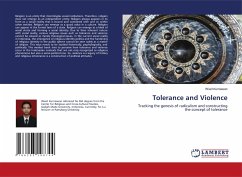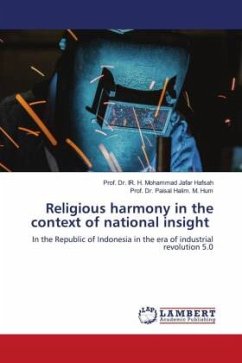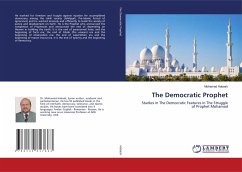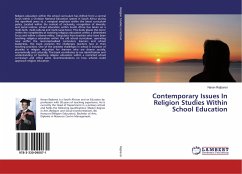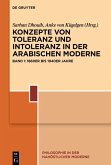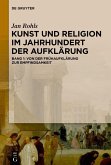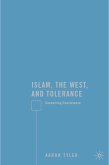Religion is an entity that intermingles social institutions. Therefore, religion does not emerge as an independent entity. Religion always appears in its form as a social reality that is bound and contained with and or within other entities. Religion can emerge as a good value in a culture. Religion can appear in the formal laws of a state. Religion can emerge as a label of social strata and forming a social identity. Due to their inherent nature with social reality, various religious issues such as tolerance and violence cannot be viewed as merely theological issues. In the current social reality in Indonesia, the emergence of religious identity politics and the hardening of religious identity in the public sphere cannot be seen solely as a matter of religion. This issue needs to be studied historically, psychologically, and politically. This modest book tries to perceive how tolerance and violence occur in the Indonesian contexts that are not only recognized as religious phenomena but also a social-political one. So, violence is a legacy of history and religious intolerance is a construction of political attitudes.
Bitte wählen Sie Ihr Anliegen aus.
Rechnungen
Retourenschein anfordern
Bestellstatus
Storno

